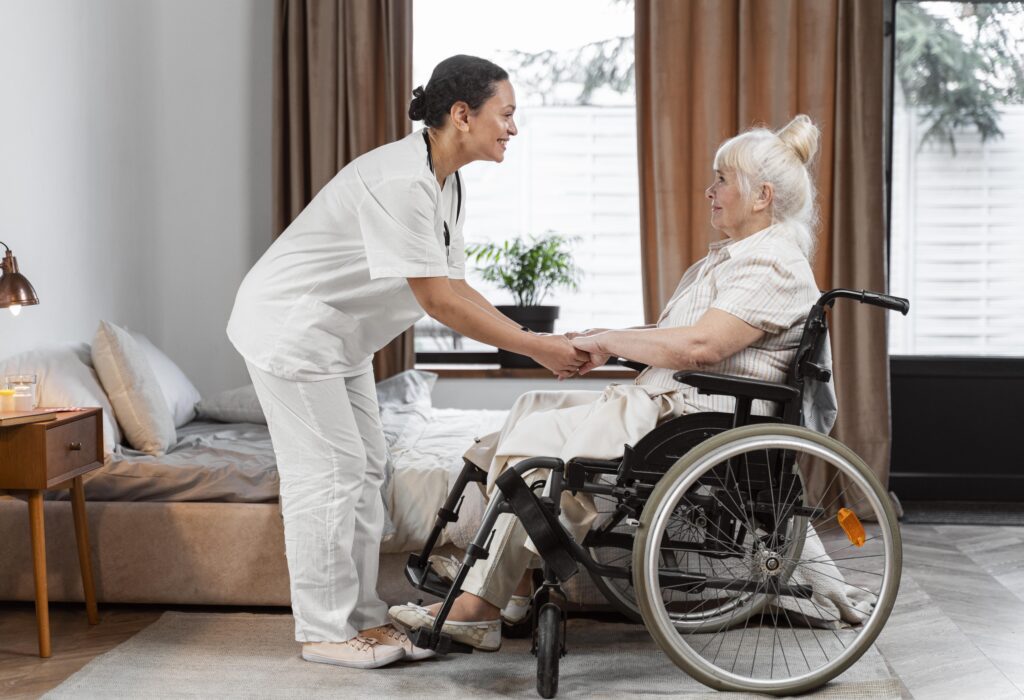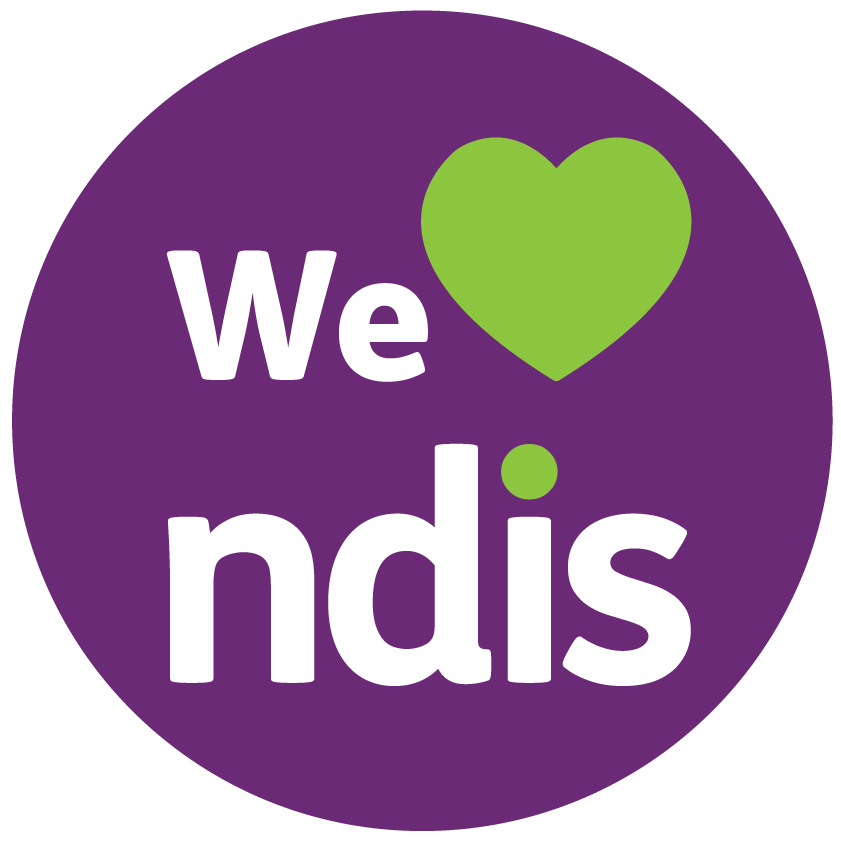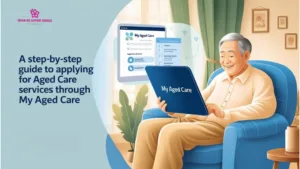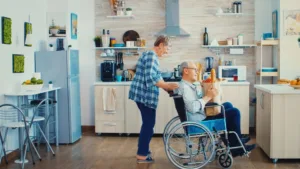Living an independent life is a universal aspiration, regardless of one’s abilities or disabilities. For individuals with disabilities, achieving independence can sometimes present unique challenges. Supported Independent Living (SIL) is a concept designed to address these challenges and provide a framework for individuals with disabilities to live fulfilling lives on their terms. In this article, we will delve into the world of independent living specialists Toowoomba, debunk common misconceptions, and shed light on the transformative potential it holds.

Understanding Supported Independent Living
Supported Independent Living refers to a model of care and support that empowers individuals with disabilities to live as independently as possible within their own homes or community settings. The essence of SIL lies in providing tailored assistance and support, enabling individuals to accomplish daily tasks, pursue personal goals, and engage in social activities. It’s important to recognize that supported independent living is not about seclusion or segregation; rather, it’s about fostering inclusion, self-determination, and autonomy.
Supported Independent Living Implies Isolation
One prevalent misconception surrounding Supported Independent Living is that it leads to isolation. Critics argue that individuals with disabilities who opt for SIL might end up feeling disconnected from society due to reduced institutional interactions. However, the reality is quite the opposite. independent living specialists Toowoomba focuses on integrating individuals into their communities. Support staff works collaboratively to help them access community resources, participate in social events, and build meaningful relationships. The goal is to create an environment where individuals can thrive both personally and socially.
Supported Independent Living Is One-size-fits-all.
Another misconception is that Supported Independent Living adheres to a rigid, one-size-fits-all approach. Critics often assume that individuals are forced into predefined routines and activities, stripping them of their individuality. However, this is far from the truth. Supported Independent Living is inherently person-centered. It acknowledges the uniqueness of each individual and tailors support plans according to their needs, preferences, and aspirations. Whether it’s developing life skills, pursuing hobbies, or pursuing educational opportunities, SIL offers a flexible framework that adapts to individual goals.
Supported Independent Living Undermines Family Involvement
Critics sometimes argue that opting for SIL might mean less involvement of family members in the lives of individuals with disabilities. It’s important to dispel this misconception and recognize that family involvement remains a crucial aspect of SIL. Families often collaborate with support teams to create comprehensive plans that address the holistic needs of their loved ones. Moreover, SIL seeks to strengthen familial relationships by allowing families to spend quality time together without the burden of constant caregiving responsibilities.
Supported Independent Living Is Limited in Scope
Supported Independent Living is sometimes mistakenly perceived as limited to basic needs and daily living tasks. Critics may argue that it does not adequately address the broader aspirations of individuals with disabilities, such as pursuing careers or higher education. However, SIL is not confined to the narrow realm of daily routines. It aims to support individuals in achieving their long-term dreams and ambitions. Whether it’s exploring vocational opportunities, furthering education, or engaging in community leadership roles, SIL is a pathway that encourages growth and self-fulfillment.
Supported Independent Living Inhibits Skill Development
Some misconceptions suggest that Supported Independent Living inhibits the development of essential life skills. Critics argue that without constant support, individuals with disabilities might not have the opportunity to learn and grow on their own. However, SIL promotes skill development rather than inhibiting it. The support staff works collaboratively with individuals to teach and reinforce vital life skills, fostering a sense of accomplishment and self-reliance.
Supported Independent Living Is a Step Towards Institutionalization
A common misconception is that transitioning to Supported Independent Living might be a steppingstone towards institutionalization, where individuals lose control over their lives. On the contrary, SIL is designed to prevent institutionalization. It offers an alternative that empowers individuals to live in the community and maintain control over their decisions and lifestyles, ensuring they can lead fulfilling lives outside of traditional care facilities.
Supported Independent Living Is Temporary
Some individuals might believe that Supported Independent Living Queensland is a short-term solution rather than a sustainable long-term arrangement. This misconception undermines the stability that SIL can provide. With proper planning, ongoing support, and adaptability, SIL can be a permanent and secure living option for individuals with disabilities, allowing them to age in place and continue thriving.
Supported Independent Living Is Solely for Adults
It’s often assumed that Supported Independent Living is primarily designed for adults with disabilities. This overlooks the fact that SIL can benefit individuals of various ages, including young adults transitioning from school to adulthood. Early introduction to SIL can equip individuals with essential life skills and create a foundation for a more independent future.
The Transformative Power of Supported Independent Living for Disabled Individuals
Supported Independent Living holds immense transformative power for individuals with disabilities. By challenging misconceptions and embracing their true essence, we can enable a paradigm shift that empowers individuals to lead more self-directed lives. This shift not only benefits individuals themselves but also enriches our communities by fostering diversity, inclusivity, and a shared sense of belonging.

Advantages Of Choosing Dream Big’s Supported Independent Living Service
Dream Big Support Services stands out as a beacon of excellence in the realm of SIL, offering exceptional features that set it apart from the rest.
Person-centered Approach
One of the exceptional features of Dream Big’s Supported independent living queensland is its unwavering commitment to a person-centered approach. Everyone is recognized as unique, with their own set of needs, preferences, and aspirations. Dream Big’s approach ensures that the support provided is in perfect alignment with the individual’s personal goals, enabling them to lead a life on their terms. This tailored strategy enhances the participant’s sense of agency and self-determination, promoting autonomy and self-confidence.
This approach is not just a theoretical concept for Dream Big; it’s a fundamental guiding principle that permeates every aspect of the supported independent living queensland. The journey begins with a comprehensive assessment that goes beyond surface-level considerations, delving into understanding the individual’s background, experiences, and values. This holistic understanding forms the basis of crafting a customized support plan that not only addresses practical needs but also respects emotional well-being.
Comprehensive Assistance
Dream Big’s commitment to comprehensive assistance sets it apart from the crowd. They recognize that no challenge is insurmountable, and no task is too small. The dedicated team of independent living specialists Toowoomba at Dream Big is not only equipped to aid with daily living activities but also ready to guide individuals through obstacles they encounter along the way. Whether it’s managing finances, handling household chores, accessing community services, or providing emotional support, Dream Big is dedicated to assisting every step of the journey towards independence.
Beyond the practical aspects of assistance, Dream Big places a strong emphasis on fostering self-confidence and self-advocacy. They empower individuals to make informed decisions, advocate for their needs, and take charge of their own lives. This empowerment not only leads to greater independence but also boosts self-esteem and overall well-being.
What truly sets Dream Big apart is their unwavering commitment to walking alongside individuals throughout their entire journey. From the initial steps towards greater independence to achieving significant milestones, the support team at Dream Big remains dedicated, offering encouragement, guidance, and a helping hand whenever it’s needed.
In essence, Dream Big’s comprehensive assistance goes beyond mere support – it’s a partnership built on trust, empathy, and a shared vision of a brighter future. Through their holistic approach, they are not just providing a service; they are making a profound and lasting impact on the lives of those they assist.
Inclusive Approach
Inclusivity lies at the heart of Dream Big’s supported living for the disabled. Understanding the diverse nature of abilities and needs, the Dream Big team ensures that their independent living specialists Toowoomba are accessible to all. They celebrate the uniqueness of each individual and foster a sense of belonging within the community. With Dream Big, participants can rest assured that their specific needs will be understood and catered to, fostering an environment of acceptance and empowerment.
independent living specialists Toowoomba, inclusivity aren’t just buzzwords; they’re daily practices. They take proactive steps to accommodate a wide range of needs, from physical accessibility to cultural sensitivity. Their support staff undergoes regular training to ensure they are well equipped to understand and address the diverse needs of participants, fostering an environment that encourages open communication and mutual understanding.
By celebrating the uniqueness of everyone, Dream Big cultivates a sense of belonging within the community. Participants find not only support but also friends who understand their journey and share their aspirations. This sense of camaraderie contributes to a positive and uplifting environment where participants can learn from one another and grow together.
Skill Development Programs
Dream Big goes beyond just providing support; they actively empower participants to develop essential life skills. Their skill development programs are meticulously designed to enhance abilities and equip individuals with the tools they need to achieve their goals. Whether it’s practical skills like cooking and budgeting, communication skills, or social and vocational skills, Dream Big’s programs aim to unlock potential and promote personal growth. This emphasis on skill development sets participants on a trajectory toward greater self-reliance.
These programs are not just about teaching skills; they are about fostering a sense of accomplishment and self-efficacy. Participants gain newfound confidence in their abilities, allowing them to envision a future where they can contribute meaningfully to their communities and pursue their passions.
By emphasizing skill development, Dream Big sets participants on a trajectory toward greater self-reliance. These skills serve as a solid foundation upon which individuals can build their lives, make informed decisions, and work toward their aspirations with a sense of purpose.
Dream Big’s commitment to skill development not only enriches the lives of participants but also contributes positively to society at large. As individuals grow more self-reliant and capable, they become active contributors to their communities, showcasing the true potential of what can be achieved with the right support and guidance.
Community Engagement
According to elizabeth hastings australia disability rights commissioner to Recognizing the significance of social connections and community engagement, Dream Big encourages participants to actively participate in community activities. They go the extra mile in facilitating opportunities to join clubs, attend events, and access recreational facilities. Dream Big believes that a robust sense of community is pivotal for overall well-being and fulfillment, and they are dedicated to helping participants build meaningful relationships beyond their immediate support network.
Diverse Supported Independent Living Options
Dream Big offers a diverse range of supported living for disabled options to cater to the unique needs and preferences of individuals with disabilities. Whether an individual prefers living independently, in a shared environment, or requires specialized care, Dream Big has it covered. From individual-supported living to shared supported living, transitional accommodation, high-intensity supported living, and specialist-supported accommodation, Dream Big’s array of options ensures that every participant finds the ideal fit for their journey towards independence.
24/7 On-Call Support
One of the standout features of Dream Big’s supported independent living queensland is its commitment to providing 24/7 on-call support. Understanding that emergencies and urgent support needs can arise at any time, Dream Big’s dedicated staff is available around the clock to offer aid and guidance. This round-the-clock availability provides participants with a safety net, offering peace of mind and reassurance that support is just a phone call away.
Conclusion
In conclusion, Supported Independent Living stands as a beacon of hope and empowerment for individuals with disabilities. It defies misconceptions that paint it as isolating, inflexible, or limiting. SIL, in its true form, promotes community integration, individuality, family involvement, and holistic growth. As we continue to advocate for inclusivity and equality, it’s essential to debunk these misconceptions and embrace the potential of Supported Independent Living in create a world where every individual, regardless of their abilities, can lead a life of purpose and autonomy. Visit our ‘Us page to request information about Supported Independent Living in Queensland, which provides individuals with a pathway to autonomy and self-sufficiency.







